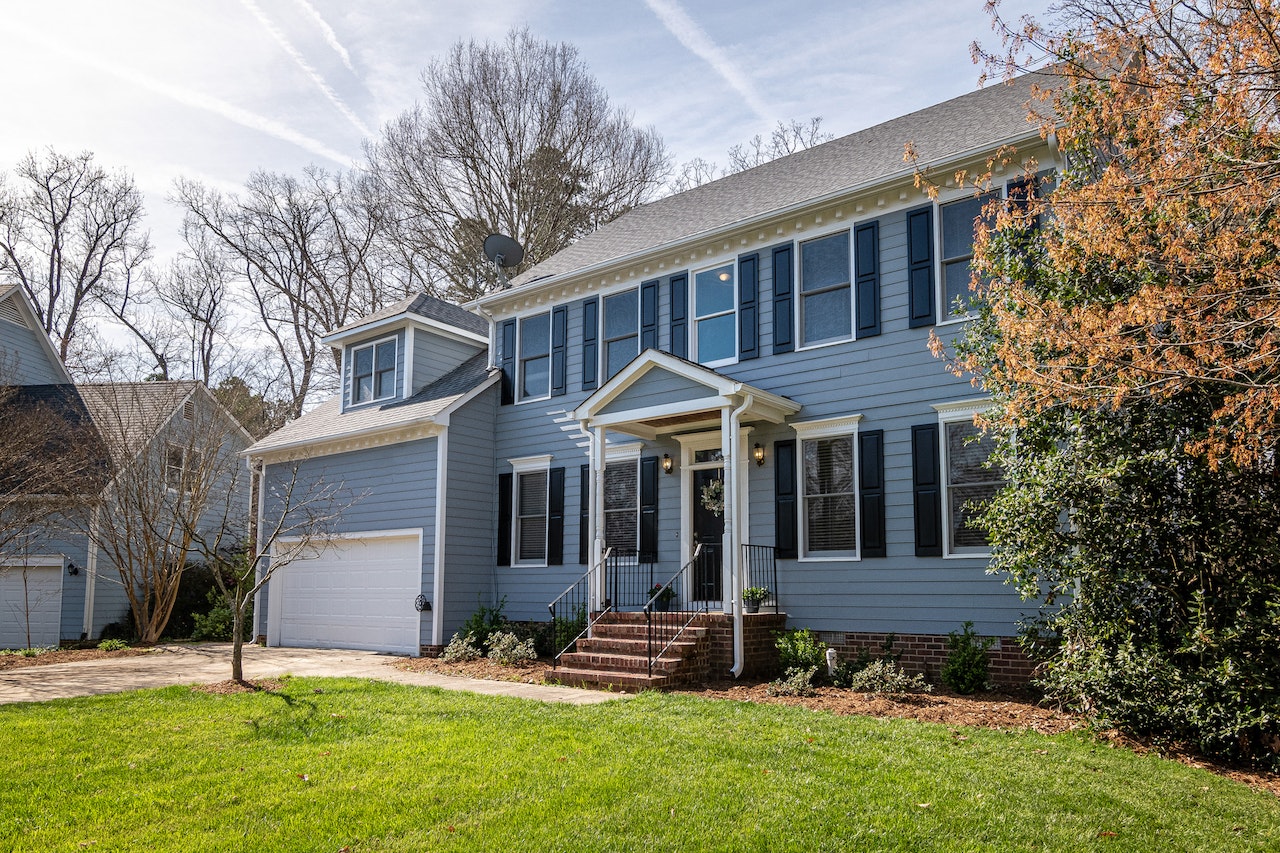Comments
- No comments found

Playing a pivotal role in retirement strategies, reverse mortgages are gaining favor among homeowners.
This unique financial instrument enables seniors to harness the value tied up in their home equity, transforming it into a regular income source or a substantial lump sum.
As a result, they acquire added financial stability for their retirement phase. Yet, just like any other financial product, a reverse mortgage comes with its own unique prerequisites.
The objective of this article is to shed light on the qualification requirements for reverse mortgages, delivering a comprehensive guide to empower your decision-making process.
If you want to apply for a reverse mortgage, please review the following information to assess whether it is right for your financial situation and determine your eligibility.

First things first, let’s discuss the fundamentals of a reverse mortgage. This loan is available to senior homeowners aged 62 or older, enabling them to convert a part of their home equity into cash. The loan doesn't require any monthly payments, and the loan balance is typically repaid when the borrower moves out or dies.
As things stand, reverse mortgages are gaining traction. In 2021, more borrowers opted for reverse mortgages, 49,207 individuals, than the year before.
To qualify for a reverse mortgage, borrowers must satisfy several specific requirements that focus on their age, property, equity, financial situation, and understanding of the reverse mortgage process.

At the heart of eligibility lies the age factor. For a borrower to be eligible for a reverse mortgage, the youngest homeowner must be at least 62 years old. The reason behind this age requirement is rooted in the principle that reverse mortgages are meant to assist those approaching or in retirement. Importantly, the loan amount is contingent upon the youngest borrower’s age.
The older the borrower, the higher the potential loan amount, assuming all other factors are constant. This is because older borrowers are likely to have a shorter loan period.
The home associated with the reverse mortgage must be the borrower's primary residence. This implies that the borrower must reside in the home for the majority of the year, which usually equates to more than half the year. The types of properties that can qualify range from single-family homes to 2-4 unit properties, as long as the borrower occupies one of the units. HUD-approved condominiums or manufactured homes that satisfy FHA requirements are also eligible.
Home equity is another significant element that determines eligibility. Most lenders will stipulate that you should own your home outright or carry a mortgage balance low enough to be paid off at the closing with the proceeds from the reverse mortgage.
The precise percentage of equity needed can vary based on the lender and the specific reverse mortgage product, but it is common for lenders to require at least 50% equity. This requirement ensures that the lender's investment is secure.
Before approval, lenders will conduct a comprehensive financial assessment. This financial check evaluates the potential borrower's ability to meet the obligations of the reverse mortgage and any continuing obligations such as property taxes, homeowner's insurance, and home maintenance costs.
This process involves examining the borrower's income, assets, credit history, and monthly living expenses to ensure the borrower can uphold their end of the agreement.
HUD mandates that all reverse mortgage applicants undergo a counseling session with a HUD-approved counselor. This session is an integral part of the qualification process, aiming to ensure that borrowers gain a comprehensive understanding of the reverse mortgage product, its costs, potential implications, and possible alternatives.
The goal is to safeguard borrowers from making uninformed decisions about such a significant financial undertaking.
To be eligible for a reverse mortgage, the property must align with specified FHA property standards and flood stipulations. These stipulations exist to confirm that the property is not only secure but also structurally intact and safe. If there's a need for repairs, these might have to be addressed before the reverse mortgage is approved. In some scenarios, when the repairs are extensive and expensive, a part of the reverse mortgage funds might be earmarked to cater to these repair costs.
To put it in a nutshell, getting the hang of the qualifications for reverse mortgages isn't just a stepping stone; it's an essential part of making a savvy decision about your financial future. Your home is a cherished possession, and using it to enhance your retirement years requires careful strategizing and thorough consideration.
Disclaimer: This article is for informational purposes only and does not constitute a recommendation or investment advice. You should not construe any such information or other material as legal, tax, investment, trading, financial, or other advice. Please seek a professional financial advisor before making any investment decision. We are not responsible for and do not endorse or accept any responsibility for the availability, contents, products, services or use of any third party website as stated in our privacy policy.
Leave your comments
Post comment as a guest